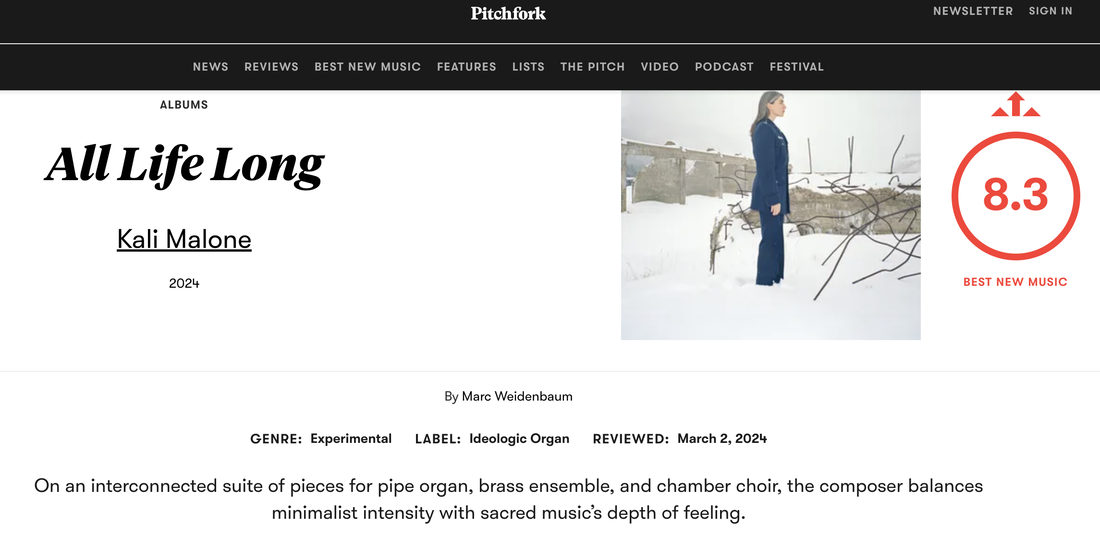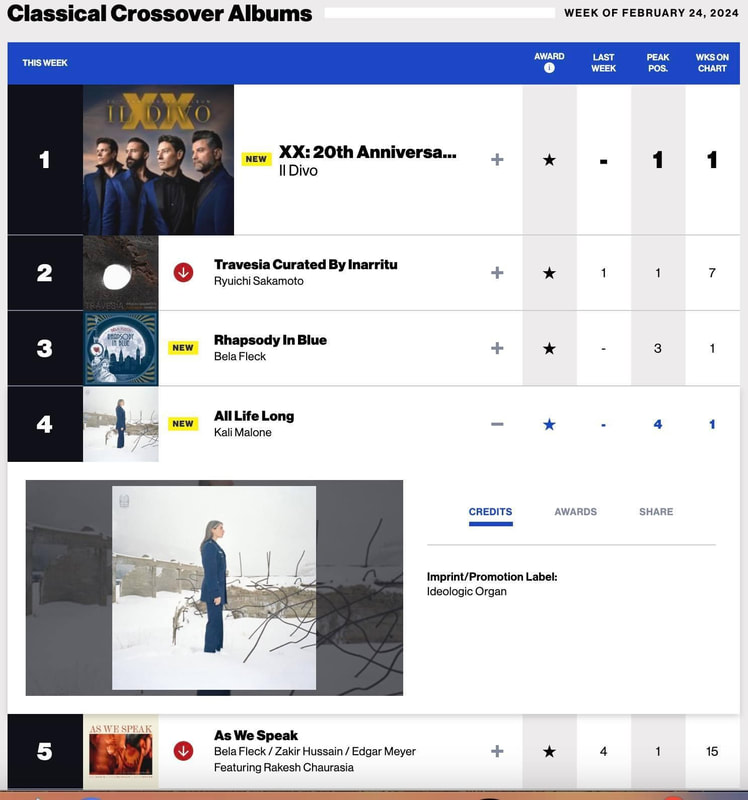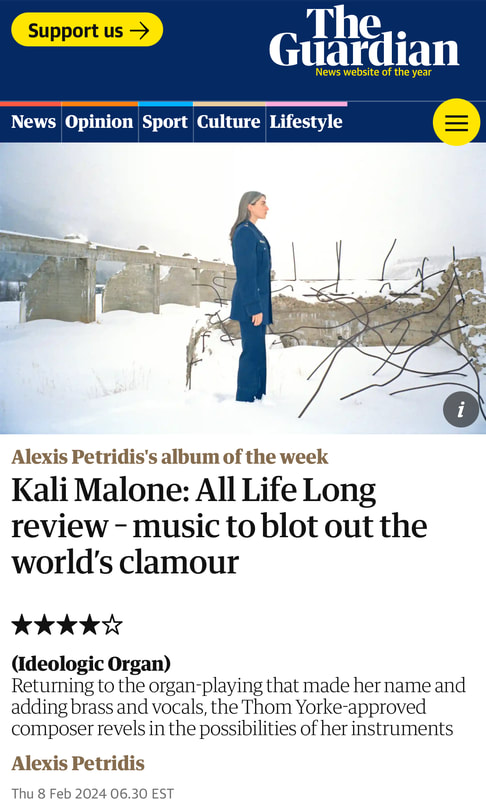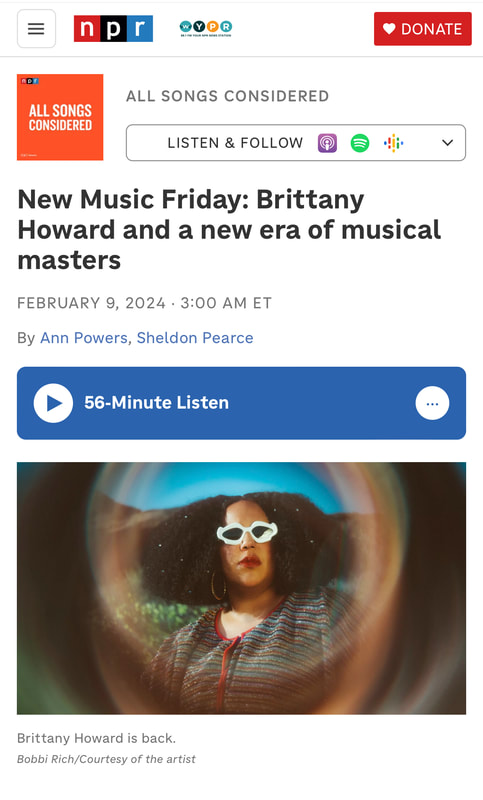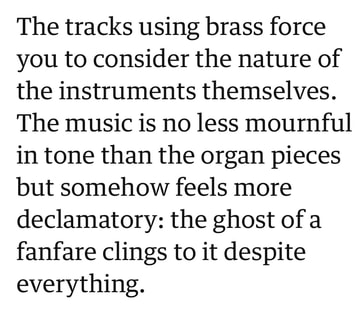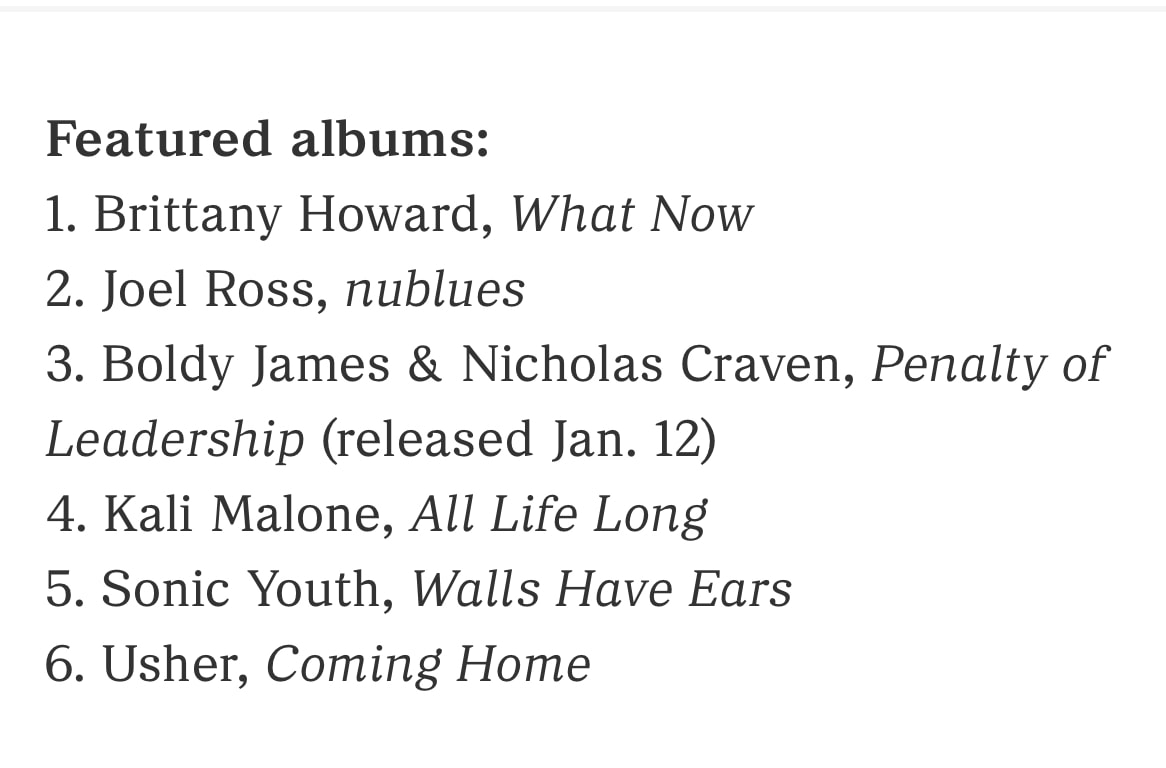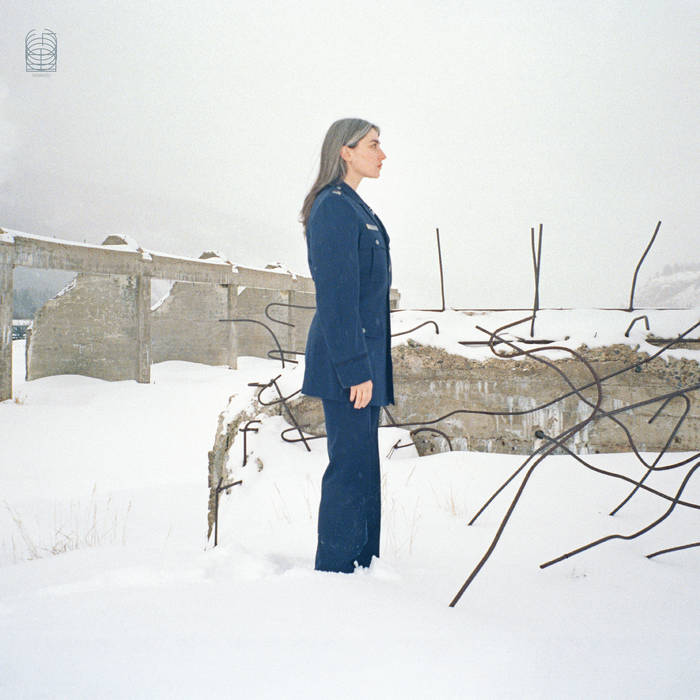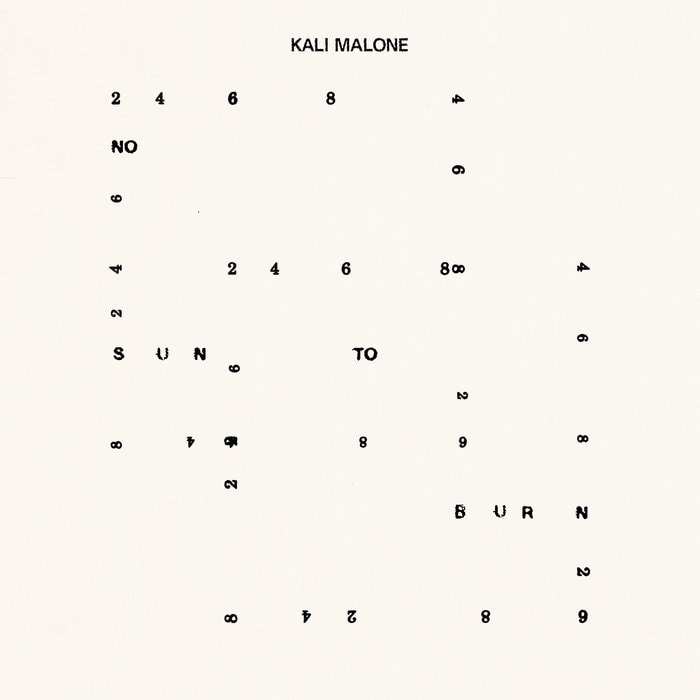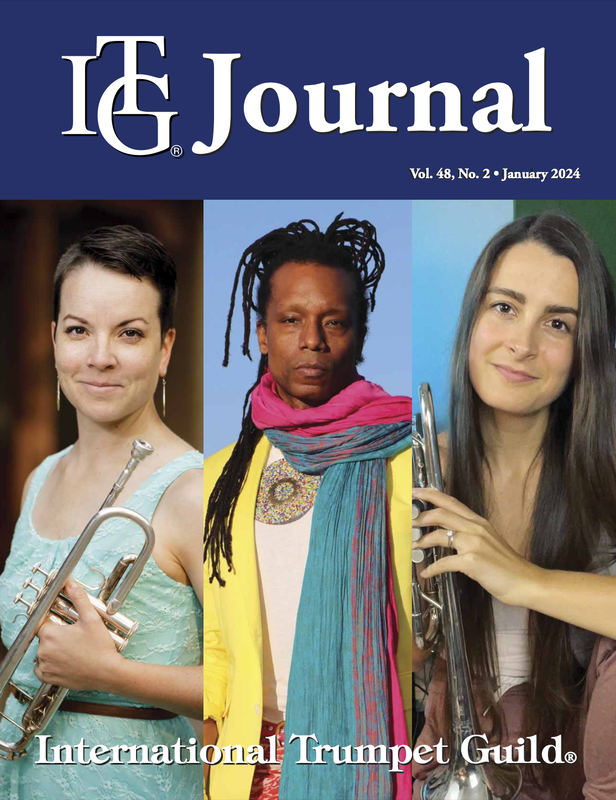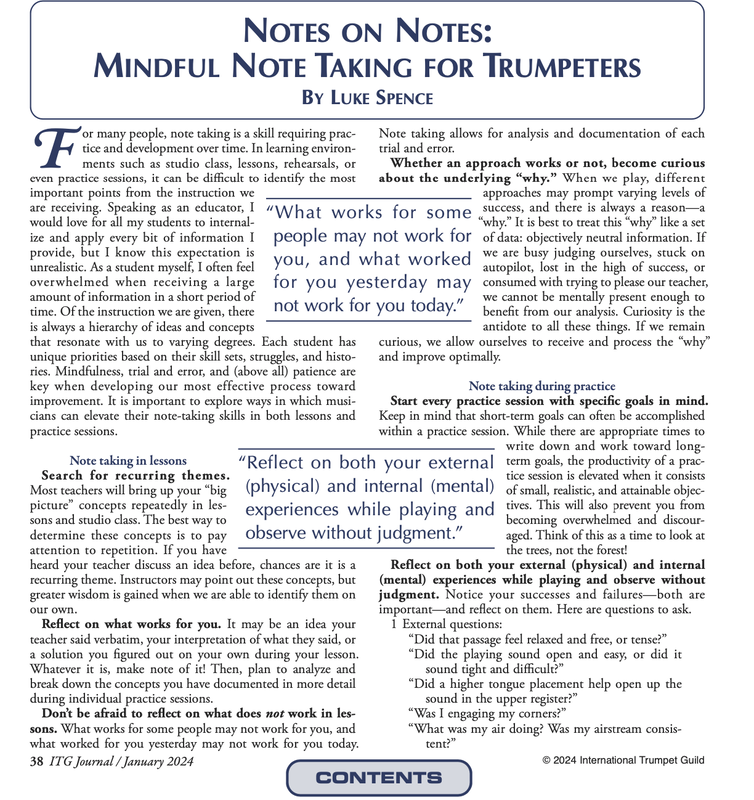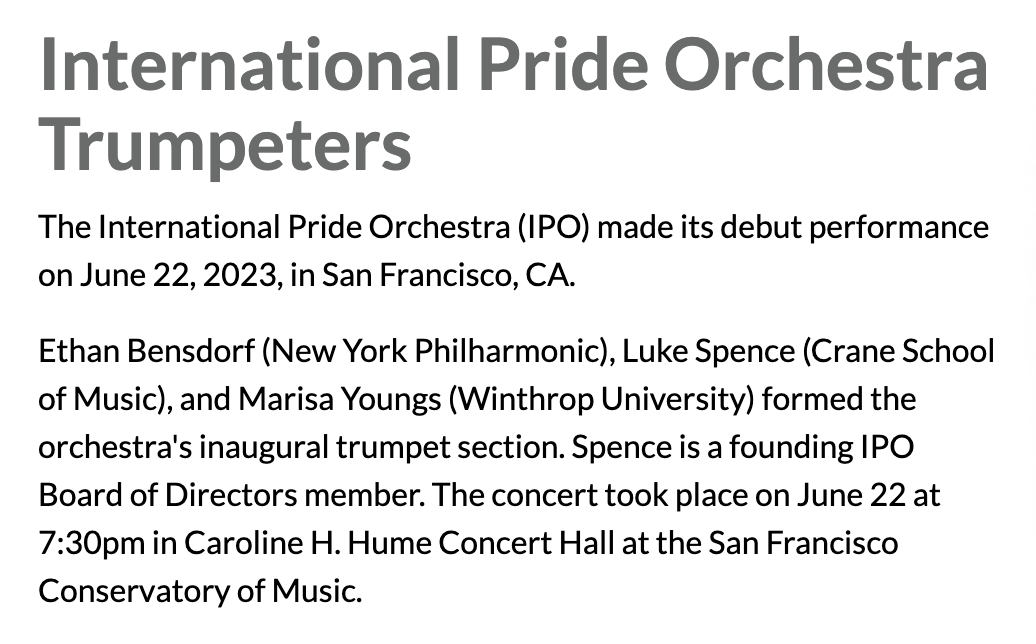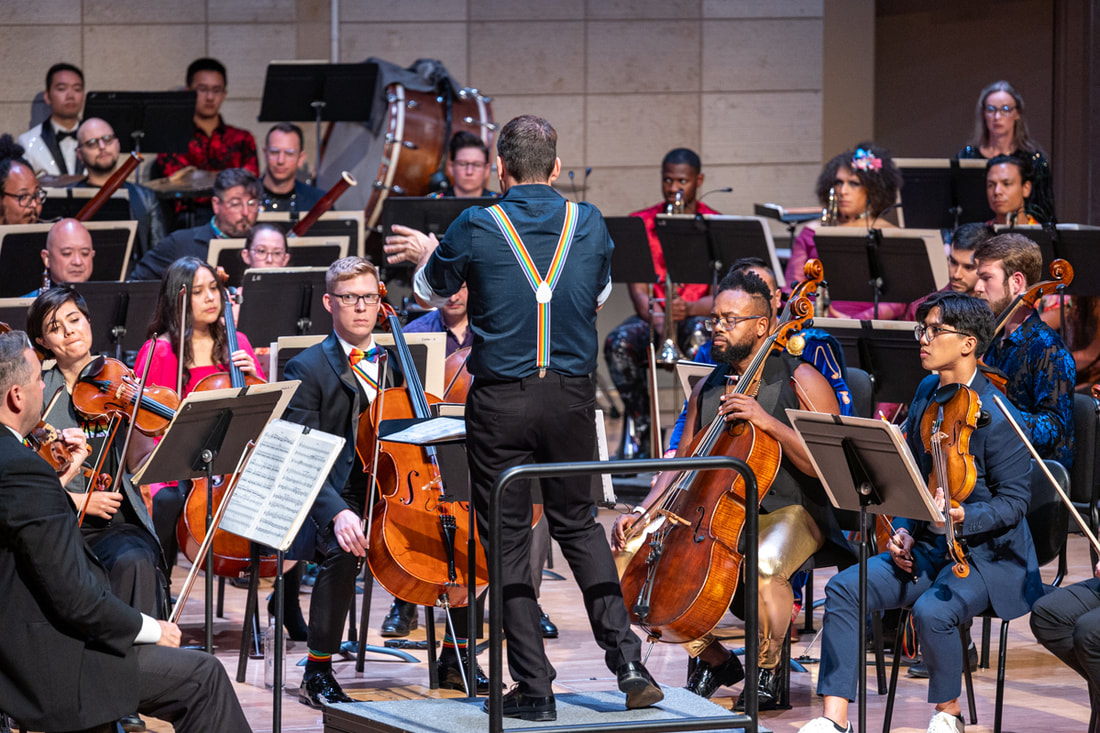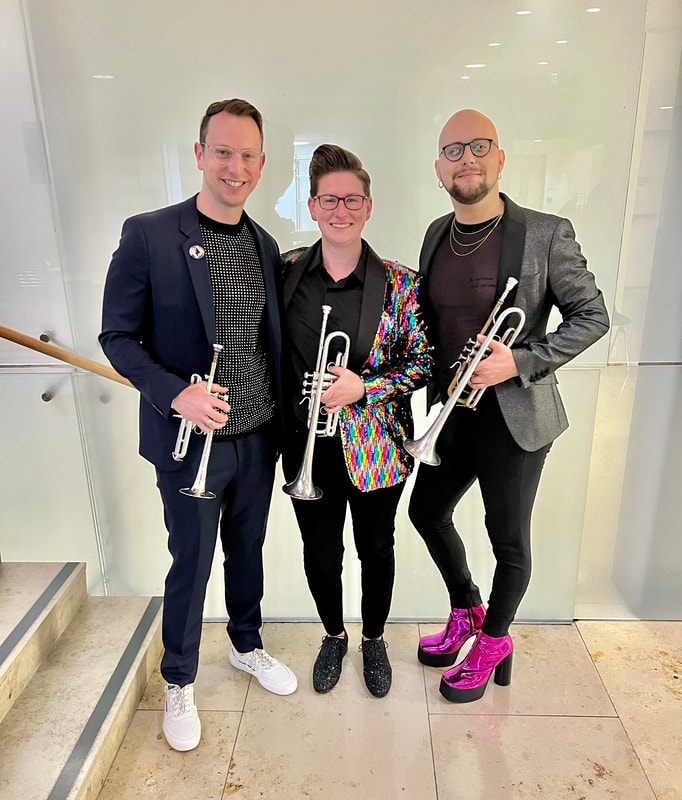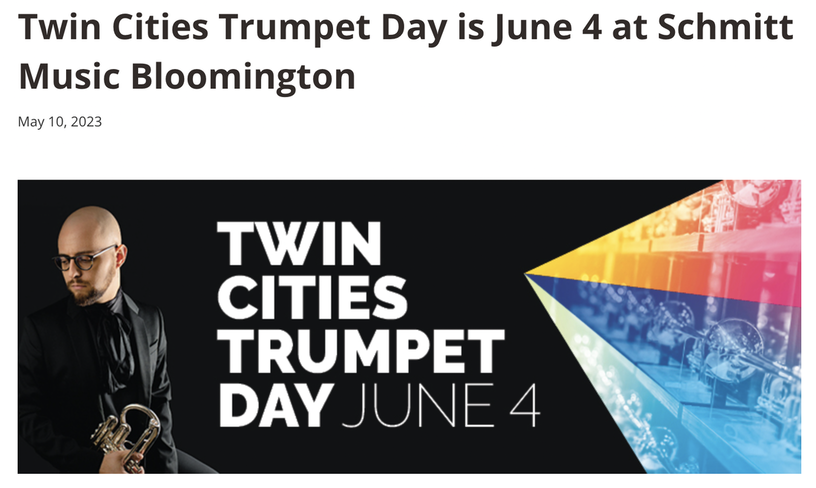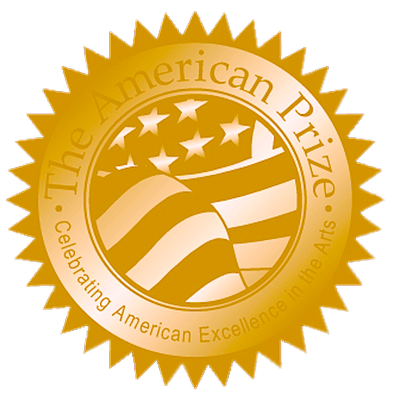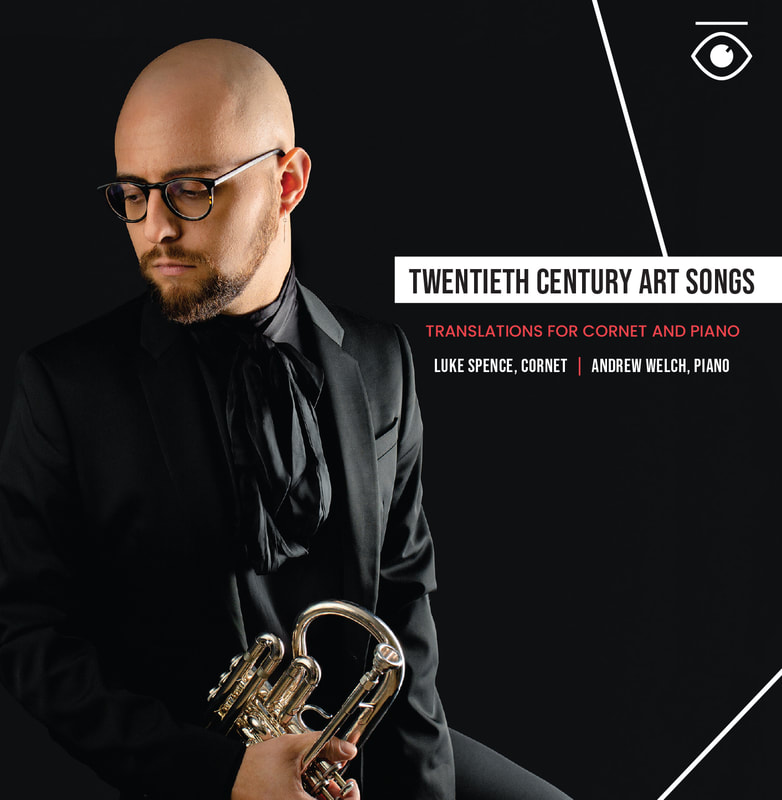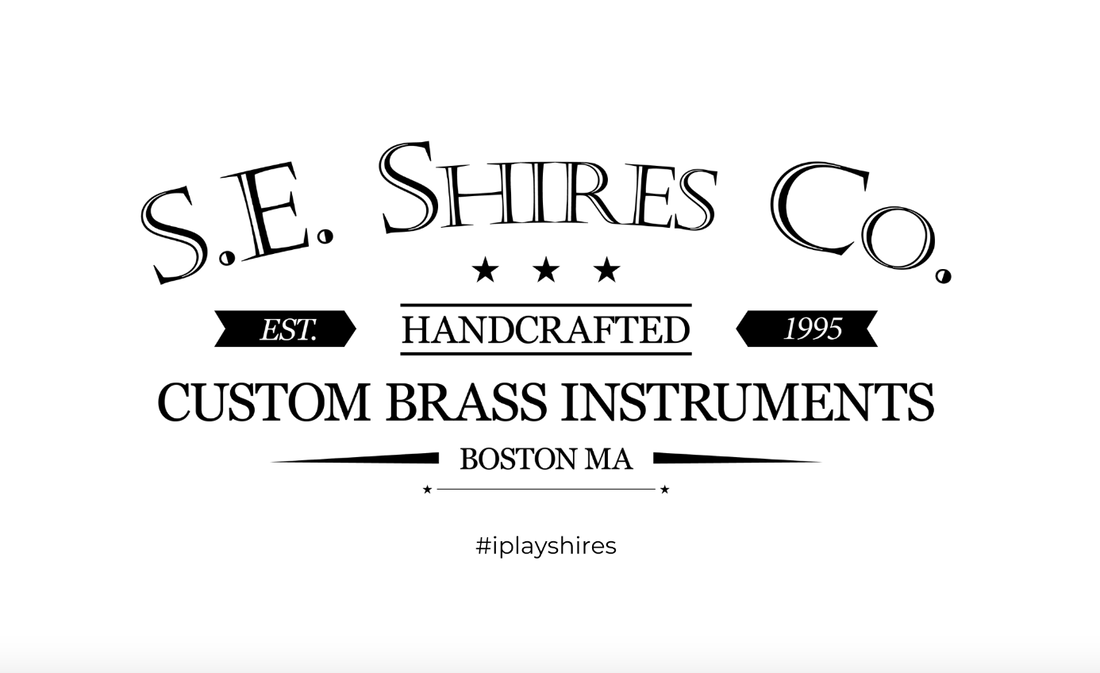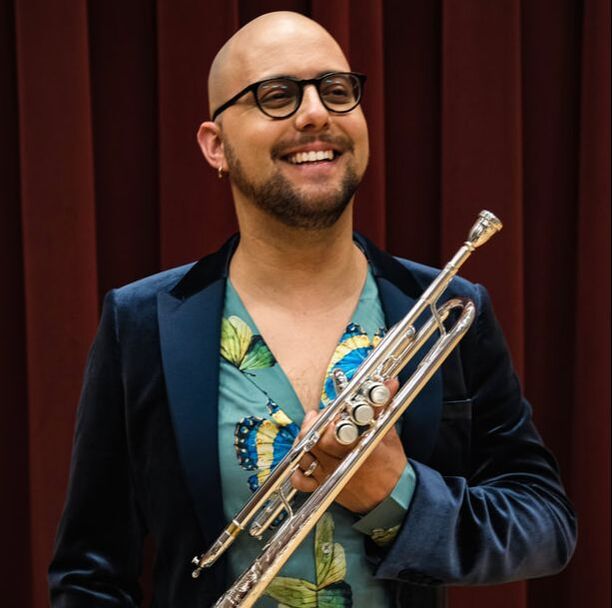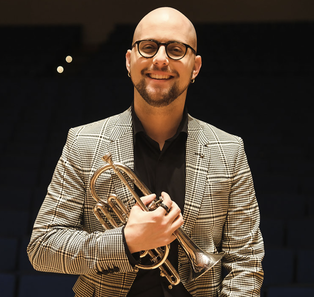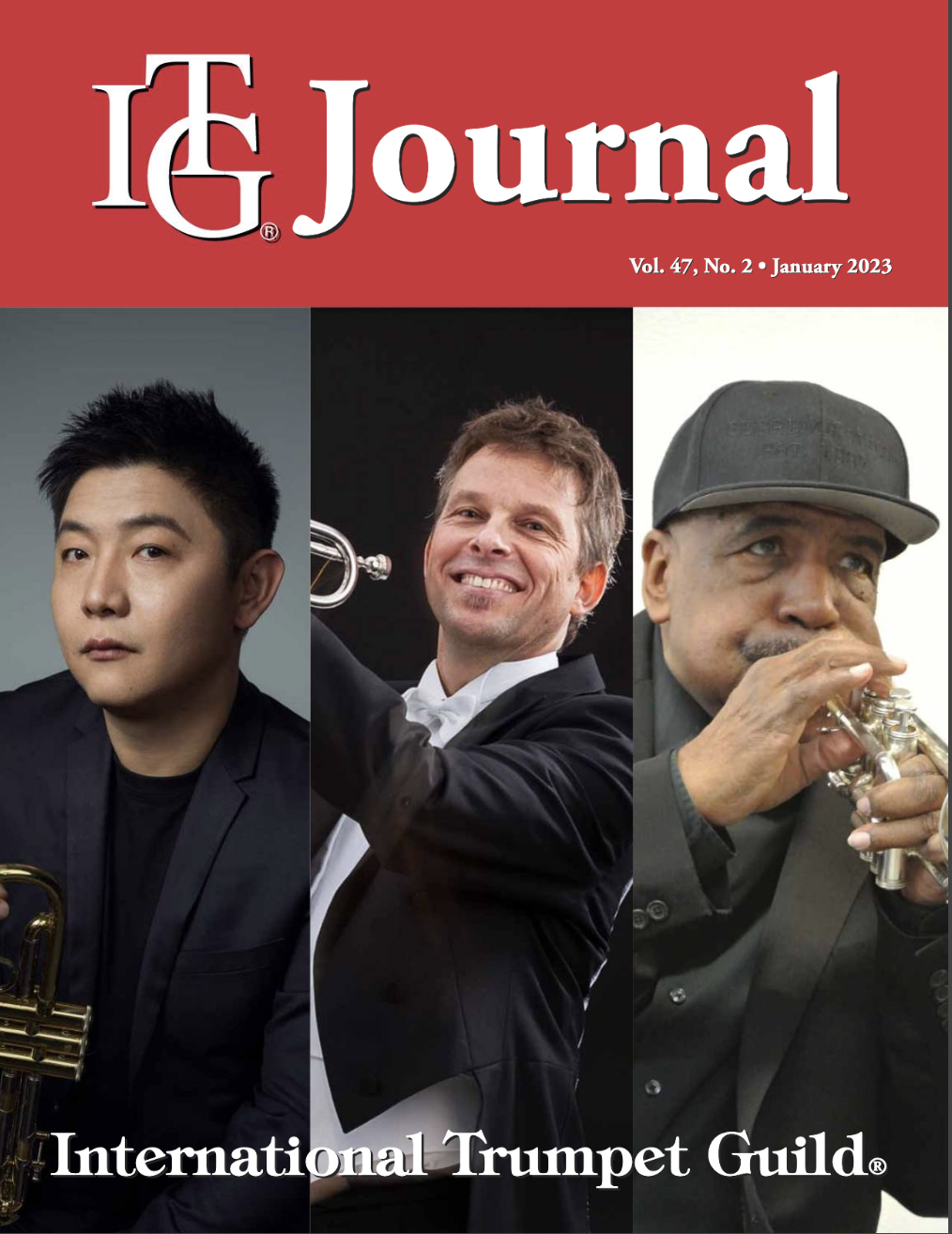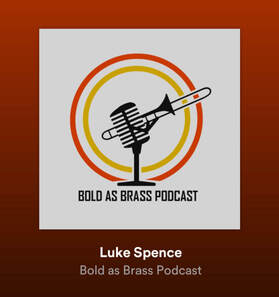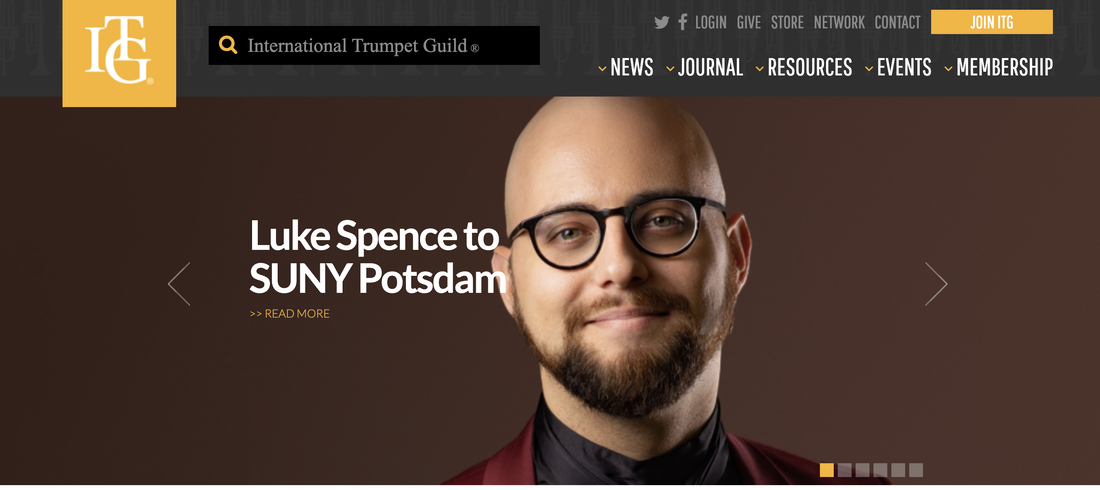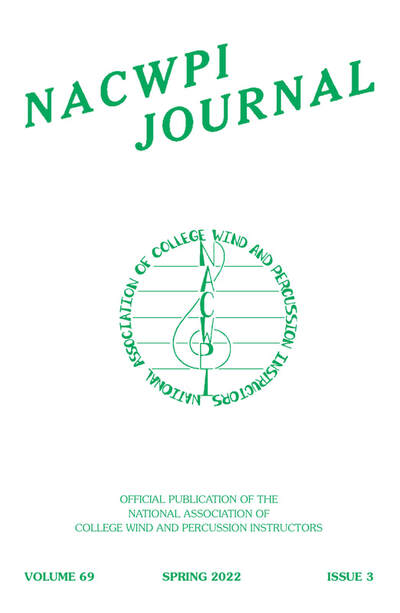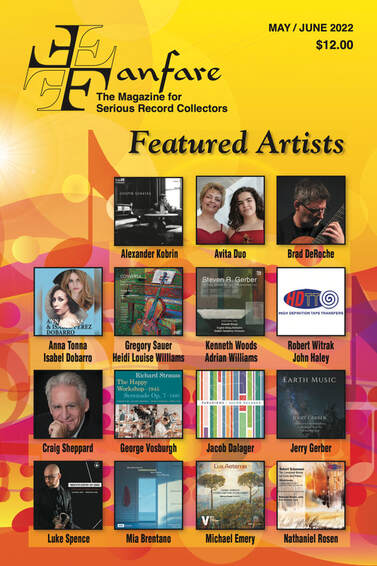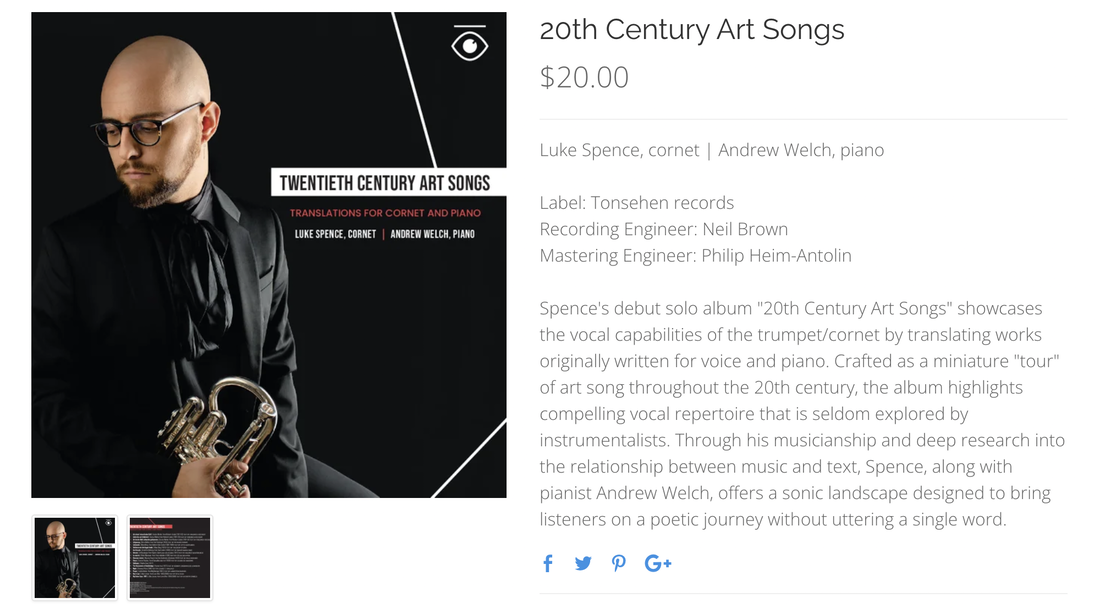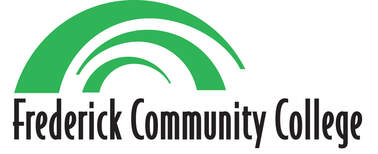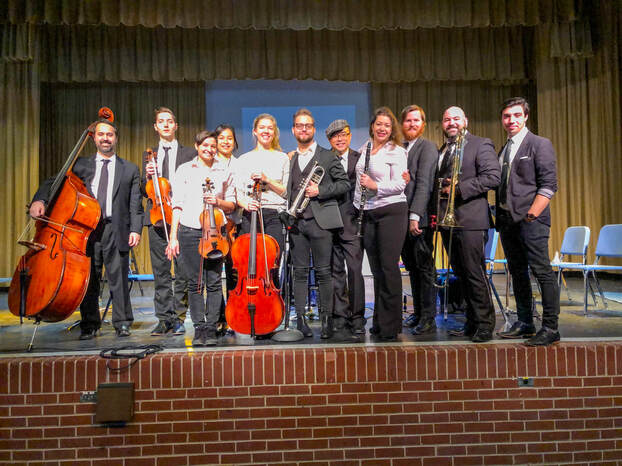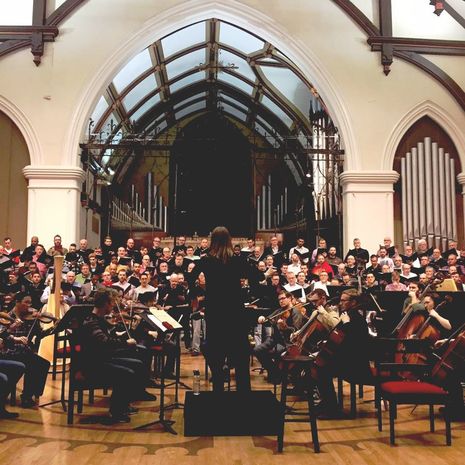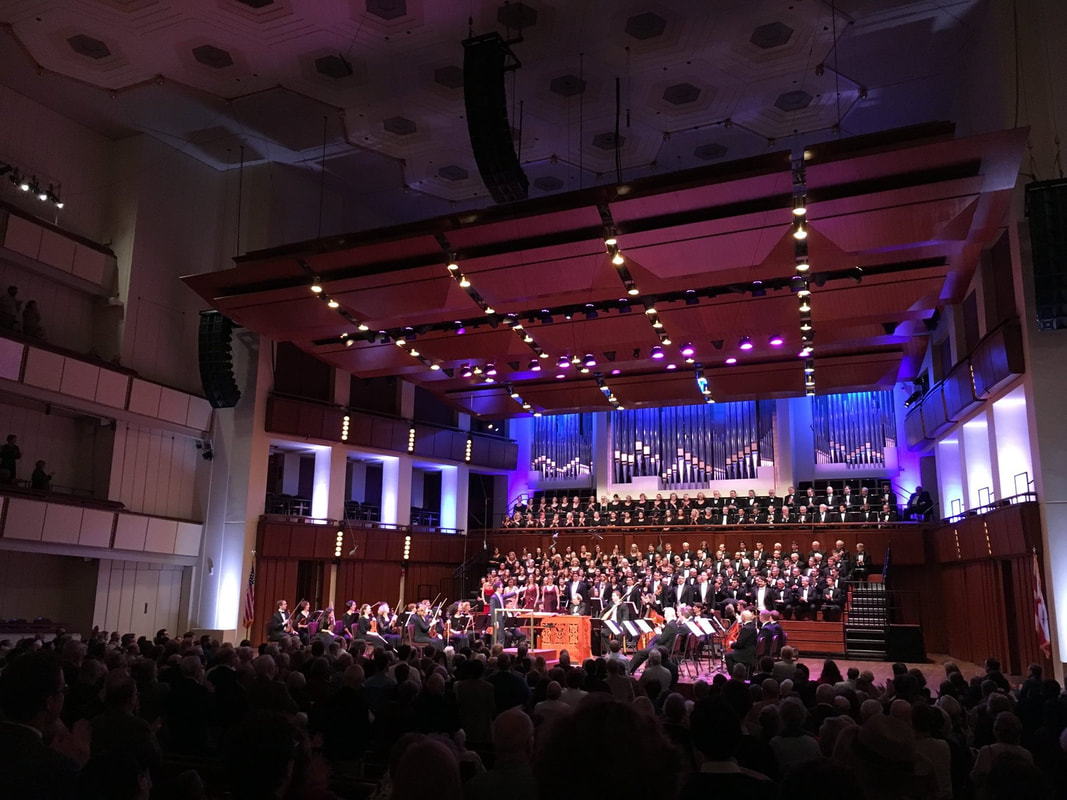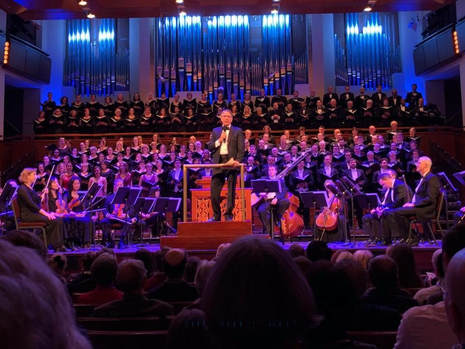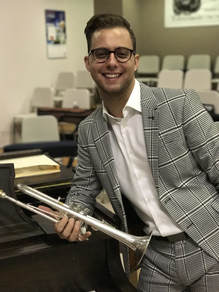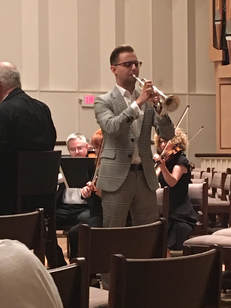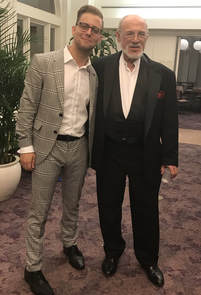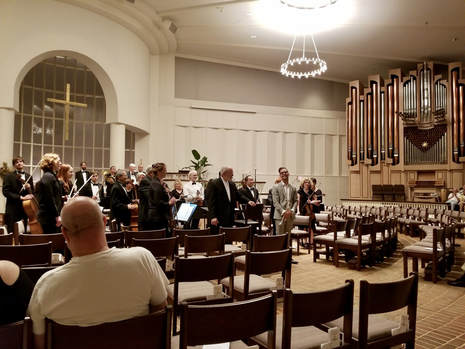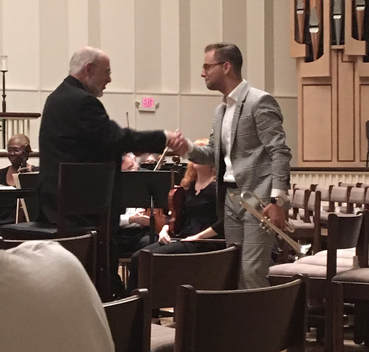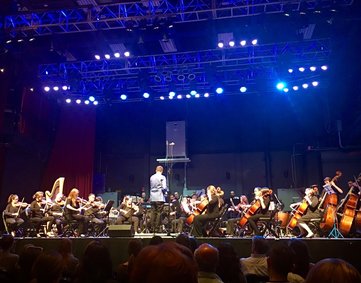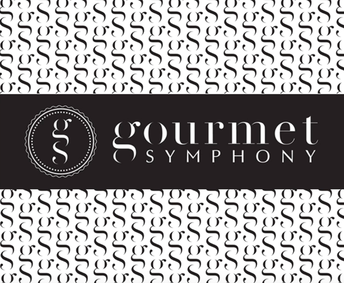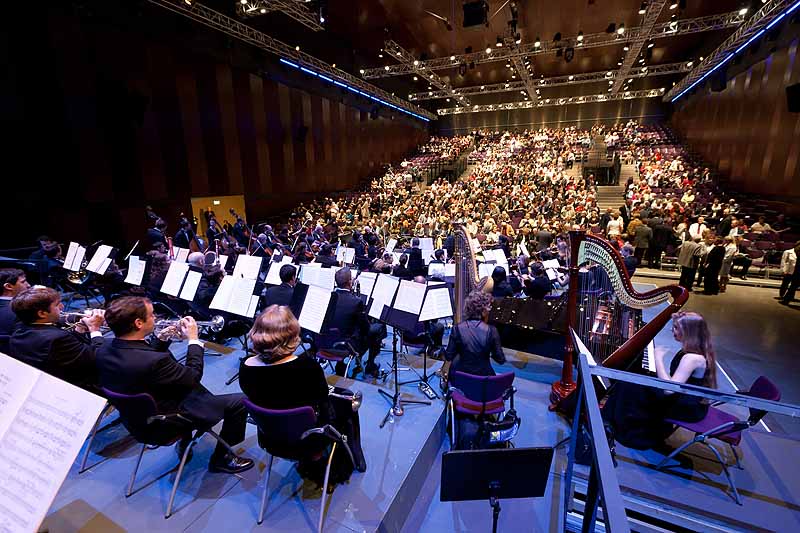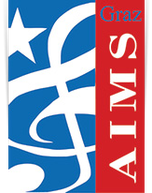Feb 9, 2024: Kali Malone's album All Life Long featuring Anima Brass released!
|
Jan 18, 2024: Kali Malone's "No Sun to Burn" single released feat. Anima Brass
|
Jan 8, 2024: Read Dr. Spence's article "Notes on Notes: Mindful Note Taking for Trumpeters" in the International Trumpet Guild Journal
Read the full article (Vol. 48, No. 2, p. 38) here!
December 4, 2023: Spence featured on "Relative Pitch" Podcast
|
|
Season 4, Episode 12: "Be The Change" Hosted by Michael Brown, Lorin Green, and Anthony Morris Spotify: https://open.spotify.com/episode/67mIRKVG4fEjkWpPaYy6U3?si=a76e7c6158d04dde Website: relativepitchpodcast.com Instagram: @relativepitchpodcast |
July 30, 2023: Spence featured on "The Brass Junkies" Podcast
|
|
|
May 10, 2023: Spence to play recital in Bloomington, MN
Twin Cities Trumpet Day is a celebration of all things trumpet, and filled with events for trumpeters of all ages and abilities. Explore the Trumpet shop and work with a specialist to fine tune your setup. Lotus Mouthpieces will be on site with an expanded inventory selection for all performance settings: jazz, orchestral, chamber and more.
In the afternoon, enjoy a queer-focused recital program from our guest artist Dr. Luke Spence, Visiting Assistant Professor of trumpet at SUNY Potsdam. His recital “Wouldn’t That Be Queer: Rethinking the Traditional Narrative” combines traditional and contemporary works for solo trumpet through the lens of self expression. Following the recital, Dr. Spence will conduct a masterclass for trumpet students.
In the afternoon, enjoy a queer-focused recital program from our guest artist Dr. Luke Spence, Visiting Assistant Professor of trumpet at SUNY Potsdam. His recital “Wouldn’t That Be Queer: Rethinking the Traditional Narrative” combines traditional and contemporary works for solo trumpet through the lens of self expression. Following the recital, Dr. Spence will conduct a masterclass for trumpet students.
Jan 3, 2023: International Trumpet Guild Journal Review
|
"Spence's cornet playing is nuanced and exquisite with a warm, lovely sound."
"Whether it is a soft entrance in the high register, quick and delicate wide slurs, or a mournful melody, Spence consistently delivers a strong musical interpretation."
Your browser does not support viewing this document. Click here to download the document.
|
Sep 11, 2022: Check out the latest episode of the "Bold as Brass" podcast, featuring Dr. Spence! Host Melissa Brown and Spence discuss his beginnings, recent career developments, and his debut solo album "20th Century Art Songs".
|
July 5, 2022: National Association of College Wind & Percussion Instructors Journal Review |
"... a true expert in phrasing."
|
March 19, 2022: Fanfare Magazine Interview and Review |
"... great artistry..."
"... exemplary breath control..." "Spence's solo lines speak volumes." "The true art [of brass playing] actually lies in creating a seamless line. Spence is commendably strong in this aspect."
Your browser does not support viewing this document. Click here to download the document.
|
January 17, 2022: Read Mark Gould's review of "20th Century Art Songs"
"I don't usually like trumpet and piano versions of Mahler songs. These transcriptions tend to be too 'trumpety'. Luke Spence has changed my mind. His heartfelt playing in three songs from Mahler's Rückert-Lieder is simply beautiful. The text comes through loud and clear even without a word being sung. Pianist, Andrew Welch, is a wonderful collaborator on the project. The rest of the album, Berg, Poulenc and Ives is excellent as well. I particularly liked the Spence/Welch renditions of Ravel's "Don Quichotte" and Leslie Adams' "Prayer" from his Nightsongs. Bravo!"
- Mark Gould, former Principal Trumpet of the Metropolitan Opera Orchestra and Professor of Trumpet at The Juilliard School
January 9, 2022: Read Chris Gekker's review of "20th Century Art Songs"
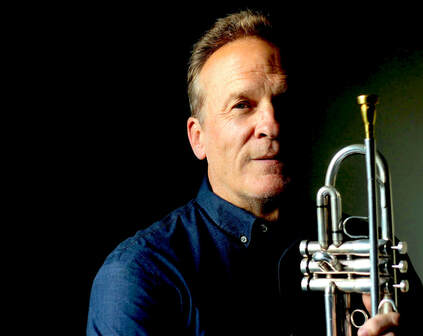
"The concept of instrumentalists performing vocal music goes back to the very origins of human music- making. Franz Liszt (1811-1886), who literally created the medium of the solo recital, would perform his own transcriptions of songs, including entire Schubert song cycles arranged for solo piano. This idea continued and grew, with other notable examples such as the legendary violinist Jascha Heifetz (1901-1987) playing George Gershwin songs on his recitals.
Luke Spence’s CD is unique and notable for several reasons. It is not uncommon for trumpeters to turn to vocal music, for the opportunity to play lyrically and also to explore various composers’ works who did not specifically write for solo trumpet. Luke fulfills these areas admirably, performing with a beautifully nuanced sense of line and phrase throughout, and explores literature that is all but unheard of from any other trumpeters. (And let it be noted here that for this CD Luke has chosen to use a cornet, the more compact, intimate cousin of the modern trumpet, a decision that is perfectly suited for the aural soundscape he intended for these songs.)
There is a deeper level to what Luke has accomplished here. He has studied the implications and nuances of songs sung in different languages, searching for insight into how different syllabic accents and vocal intonations of pronounced vowels and consonants may affect how a specific composer’s music might be approached by a trumpeter – this is why he has chosen to call his adaptations “translations” rather than “transcriptions.” There is the very real possibility that this level of detail might not be clearly noticed by many listeners, but such is the depth of Luke’s searching that what he has gleaned does, in fact, inform his interpretations, and I believe there is inevitably an indirect affect on any listener’s aural experience with this recording. To any great art there are always varying levels: clear visceral perception; veiled depths of meaning; and nuanced details that actually cannot be directly identified, not consciously perceived, a fleeting evanescence that marks the most gratifying aesthetic experiences.
Luke’s choice of repertoire deserves special attention, specifically his attention to the Second Viennese School (Schoenberg, Berg) and the music that frames this explosively creative period: Mahler (both Gustav and Alma), Lili Boulanger, Poulenc, Messiaen, and Ravel. There is a delicious sampling of American music by Charles Ives, Florence Price, and Leslie Adams. That he has brought us two selections, to conclude, from Libby Larsen’s cycle Love After 1950 is the perfect reminder of how much ironic fun can be found in contemporary music.
As satisfying a recording as I’ve heard in many years; immediately attractive and pleasurable on first hearing, and worthy of repeated exposure and study."
- Chris Gekker, Distinguished Professor of Trumpet (University of Maryland School of Music)
April 29, 2019: University of Maryland Graduate School Magazine wrote a piece "Coffee, Some Ragtime and More Coffee" on the Peacherine Ragtime Society Orchestra's March 2019 tour through the Midwest.
March 4, 2018: World premiere performance of Duruflé's Reqiuem for tenor and bass chorus, performed by The Gay Men's Chorus of Washington DC conducted by Artistic Director, Thea Kano.
|

